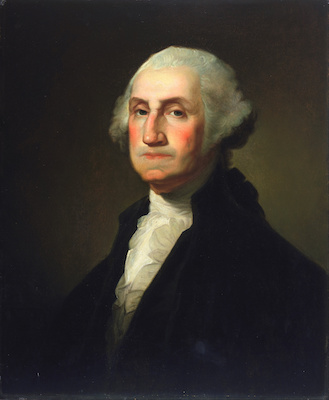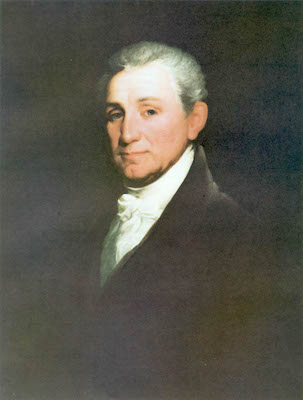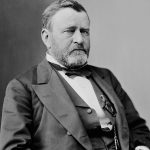

The 1790’s was a complicated period for U.S. diplomacy, with the young republic having to navigate relations with two great powers, Great Britain and France. Washington’s neutrality proclamation of 1793 expressed a desire to stay out of European wars, but neutrality did not mean that there were no choices to be made. The American Revolution was still in living memory, of course, and pro-French feelings were often strong. On the other hand, Great Britain was the biggest trading partner of the U.S. and was perhaps culturally closer to the U.S.
How to treat with France and Great Britain became a fault line in early partisan politics, with the Federalists leaning toward’s Great Britain and the Democratic-Republicans towards France. James Monroe was nominated by Washington to be the U.S.’s chief diplomat to France in 1794. He was a Democratic-Republican.
Things did not go well, at least from Washington’s point of view. After the Jay Treaty with Great Britain was announced, France expressed its displeasure. No particular surprise there. However, Monroe also made his displeasure known, and subsequently was perceived as being a bit too much in France’s court.
Washington had Monroe recalled in 1796. Monroe came back home, nearly got into a duel with Alexander Hamilton, then in 1798 published A View of the Conduct of the Executive of the United States as a defense of his actions. Washington was out of office by then, but arranged to get a copy of Monroe’s book.
I can imagine Washington reading it with an ever-growing fury. Why I can I imagine this? Because he wrote in its margins.
Here’s a taste. The first sentence of the book is “In the month of May, 1794, I was invited by the President of the United States, through the Secretary of State, to accept the office of Minister Plenipotentiary to the French republic.”
Washington’s annotation: “After several attempts had failed to obtain a more eligable [sic] character.“
And it goes on like this for many more annotations well worth reading in full. Who knew that Washington had a snarky side?
Here’s your reminder that the Founders were not plaster saints.









One thought on “Presidents’ Day 2022: Marginalia”
Comments are closed.